Rain Sultanov and Isfar Sarabski - Cycle (2018)
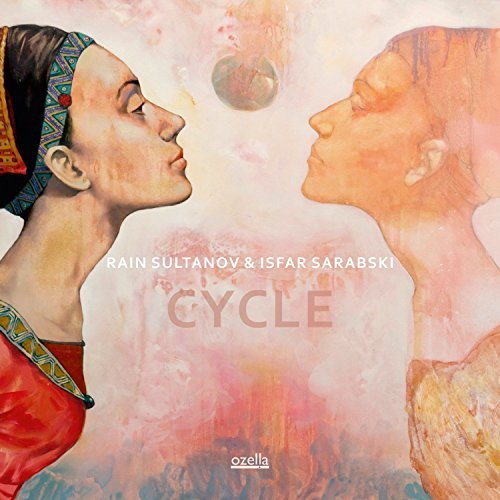
Artist: Rain Sultanov and Isfar Sarabski
Title: Cycle
Year Of Release: 2018
Label: Ozella
Genre: Jazz
Quality: 320 kbps | FLAC (tracks+digital booklet)
Total Time: 00:54:42
Total Size: 126 mb | 256 mb
WebSite: Album Preview
Tracklist:Title: Cycle
Year Of Release: 2018
Label: Ozella
Genre: Jazz
Quality: 320 kbps | FLAC (tracks+digital booklet)
Total Time: 00:54:42
Total Size: 126 mb | 256 mb
WebSite: Album Preview
01. Prelude
02. Embryo
03. Planet
04. Tandem
05. Symbiosis
06. Orison
07. Oblivion
08. Reincarnation
09. Silence
Personnel:
Rain Sultanov - soprano saxophone
Isfar Sarabski - organ, piano
Medina Sultanov - voice (on track 6)
Cosmic Games: The higher we get, the less earthly boundaries matter. It is to heaven, therefore, that Cycle aspires. Here, three rarely combined instruments – organ, saxophone and piano – are suddenly speaking as one. Already in the late-70s, Jan Garbarek and Kjell Johnsen explored similar territory on the ECM album Aftenland. Compared to their stark, radical experimentalism, however, Cycle feels more like a meditative, brightly illuminated energy space – fittingly, since Rain Sultanov and Isfar Sarabski's home of Azerbaijan is frequently referred to as the 'land of fire'.
Clearly, then, this album is about more than just music. Already its title references Rudolf Steiner's vision of life being composed of seven cycles: From the moment of our inception until its dissolution in death and beyond, to the reincarnation of soul and body. Within this cosmic game, each instrument takes on a clearly defined role: The organ represents majesty and holiness. The saxophone describes our deepest emotions. The piano, with its evolutionary qualities, binds the two together.
And yet, Cycle is never purely conceptual. Compared to Sultanov's epic, three-hour-long history project Tale of my Land, it almost feels modest: Just nine delicate and ethereal pieces about hope, faith and deliverance, moving in slow motion. Despite its almost funereal pace, however, this is not the domain of darkness, but the abode of light. If you listen very carefully, you can hear rays of sunlight falling through the windows of the Church of the Saviour in Baku, where the album was recorded.
Needless to say, even this deeply felt music can offer no more than a glimpse at absolute truths. For Sultanov and Sarabski, therefore, the search must go on – in endless cycles of questions and answers, doubt and confidence, of silence and sound.
Clearly, then, this album is about more than just music. Already its title references Rudolf Steiner's vision of life being composed of seven cycles: From the moment of our inception until its dissolution in death and beyond, to the reincarnation of soul and body. Within this cosmic game, each instrument takes on a clearly defined role: The organ represents majesty and holiness. The saxophone describes our deepest emotions. The piano, with its evolutionary qualities, binds the two together.
And yet, Cycle is never purely conceptual. Compared to Sultanov's epic, three-hour-long history project Tale of my Land, it almost feels modest: Just nine delicate and ethereal pieces about hope, faith and deliverance, moving in slow motion. Despite its almost funereal pace, however, this is not the domain of darkness, but the abode of light. If you listen very carefully, you can hear rays of sunlight falling through the windows of the Church of the Saviour in Baku, where the album was recorded.
Needless to say, even this deeply felt music can offer no more than a glimpse at absolute truths. For Sultanov and Sarabski, therefore, the search must go on – in endless cycles of questions and answers, doubt and confidence, of silence and sound.
![Samir Aouad - Casablanca (2026) [Hi-Res] Samir Aouad - Casablanca (2026) [Hi-Res]](https://img.israbox.com/img/2026-02/26/cpef8nay7or1kmufgugfd6uy0.jpg)

![Mammal Hands - Circadia (2026) [Hi-Res] Mammal Hands - Circadia (2026) [Hi-Res]](https://www.dibpic.com/uploads/posts/2026-02/1771945393_folder.jpg)
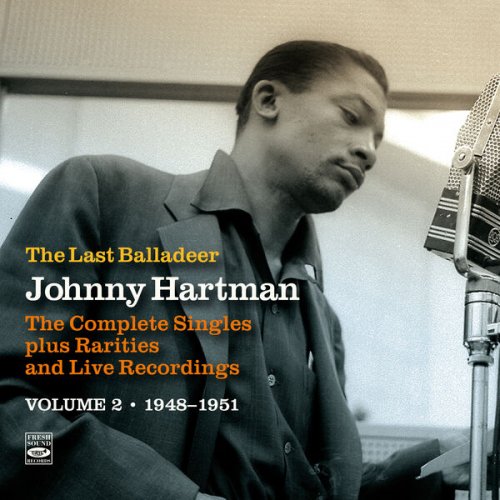

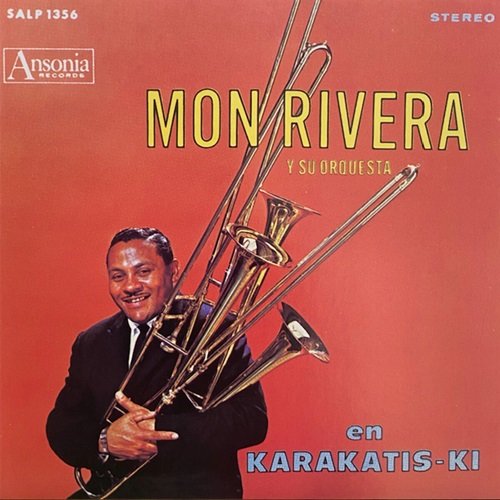
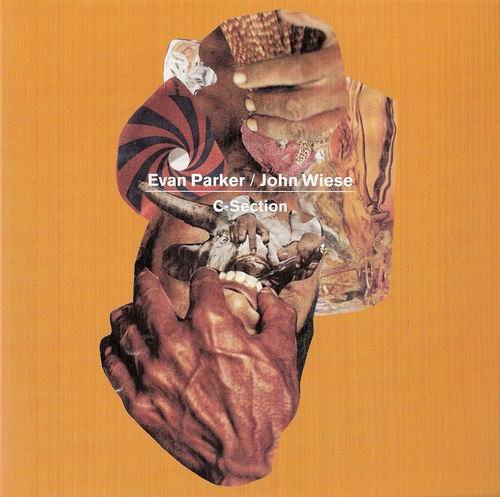
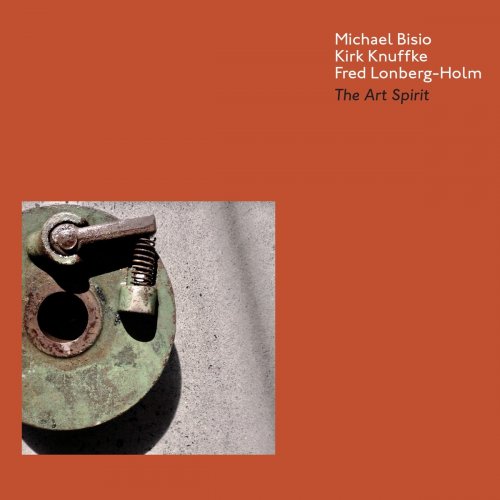
![Fabiano do Nascimento - Vila (2026) [Hi-Res] Fabiano do Nascimento - Vila (2026) [Hi-Res]](https://img.israbox.com/img/2026-02/26/o4t38f6qf24pvc3bqzanbhsz3.jpg)